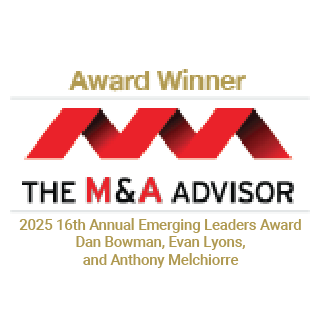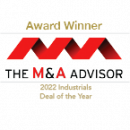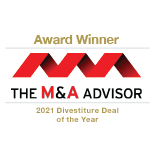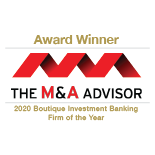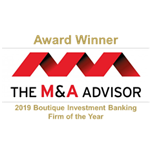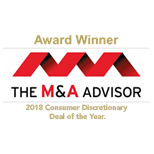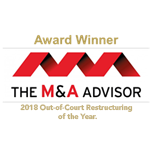As companies grow and shift, their needs change. Sometimes, this creates the necessity to raise additional capital to fund an upcoming expansion or transition.
An infusion of capital can be used for building a new facility, introducing a new product line, acquiring a competitor, transitioning out a partner, or simply having greater financial flexibility for market changes, a distressed situation, or an upcoming opportunity. Whatever the reason for additional capital, a company will ultimately look to raise either debt or equity capital.
The key is knowing which methods of raising equity capital to utilize.
Debt or Equity?
Both debt and equity capital can provide businesses with the means to carry out their future plans, but both options provide specific benefits to a company. Debt is often considered as an option because the cost of capital is lower and there is typically no dilution to ownership. In addition to standard cash flow senior loans, ABL (asset-based loans), and traditional subordinated debt, companies should consider other types of hybrid financing, including unitranche financing (combination of senior and subordinated debt) or mezzanine debt (combination of subordinated debt with equity warrants). While mezzanine loans have higher interest rates, these types of loans typically offer more flexibility, allowing a company additional leverage and less restrictive covenants.
Although equity capital dilutes ownership, there is no repayment obligation or financial burden on a company, providing more cash flow flexibility. Companies looking for equity investment should evaluate whether a majority or minority investor makes sense. A company should also consider various types of equity investors including individual investors, institutional investors, other corporations, family offices, growth equity investors, or private equity.
If a business wants to attract an equity investor, finding the right investor or investors is important. A good candidate for equity investment will have either an extensive understanding of the industry or add value from other similar operational or investment experiences. The optimal equity investor will be both a financial resource as well as a knowledge resource.
Marketing
For both debt and equity capital raises, a company will need to put together marketing documents and do thorough due diligence of its financials in preparation for investor meetings. Similar to selling a company, it is important to prepare and present the business in the best possible light. This includes creating impactful marketing documents and having the answers to everything investors will need to know regarding the industry, company growth opportunities, projections, as well as how the capital raised will be used to help a company grow and expand.
A company should also make sure that their advisor is properly securities licensed through FINRA like MelCap. An advisor who is securities licensed has a certain level of M&A competency and is compliant with advisory services that require licensing.
Professional Guidance to Find the Best Methods of Raising Equity Capital
Because no two businesses are alike, MelCap can help your company find the right answer for determining if debt or equity is appropriate. No matter what is determined to be the optimal capital structure, MelCap works with its clients every step of the way, from identifying prospective financing sources and investors, to ensuring marketing materials are properly prepared and delivered to prospective investors.
With many potential paths available in terms of methods of raising equity capital, it is essential to receive expert assistance from a securities licensed firm. MelCap will put your company in the best possible position to achieve its goals and objectives for future growth, expansion, and opportunities.

